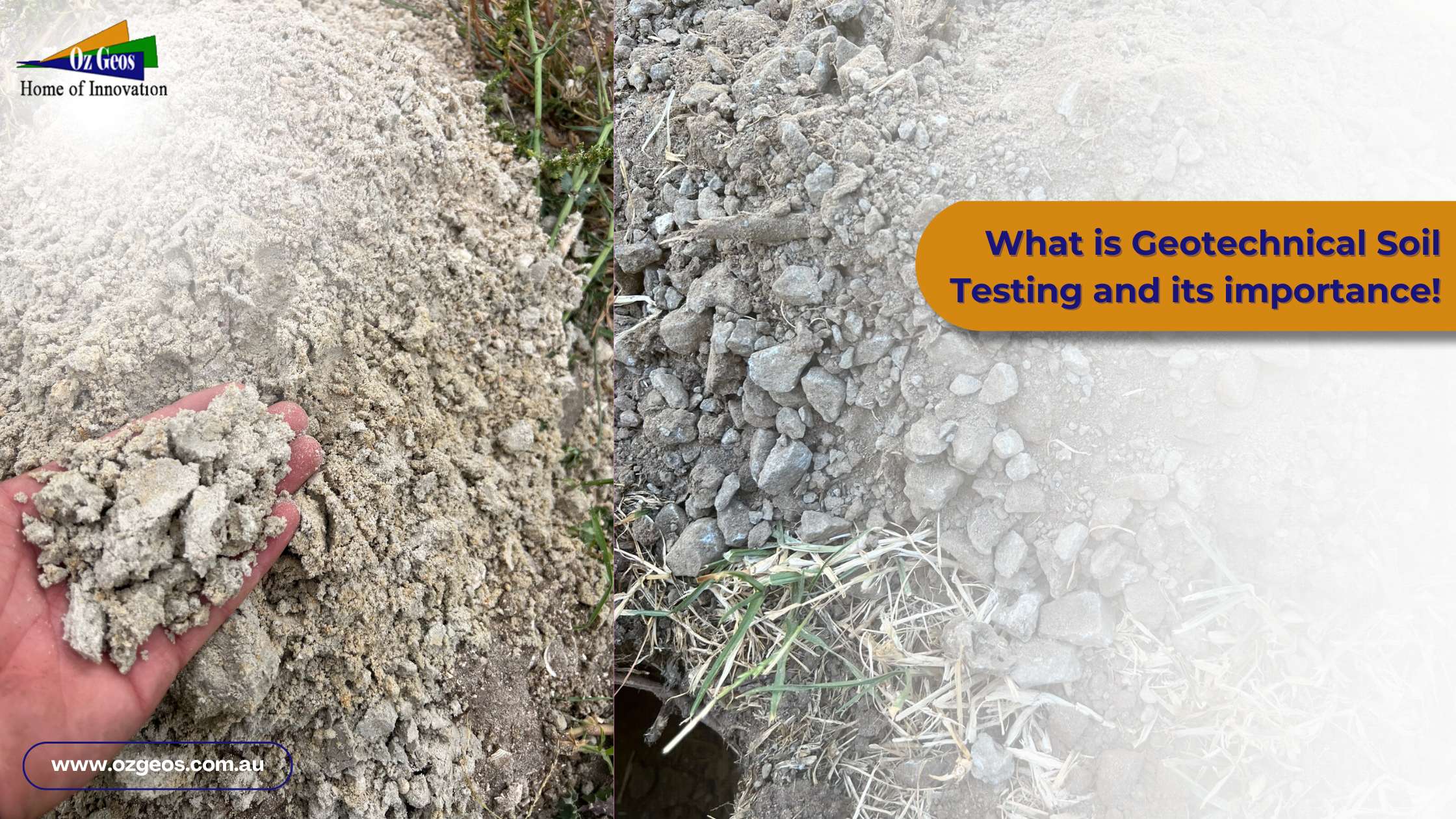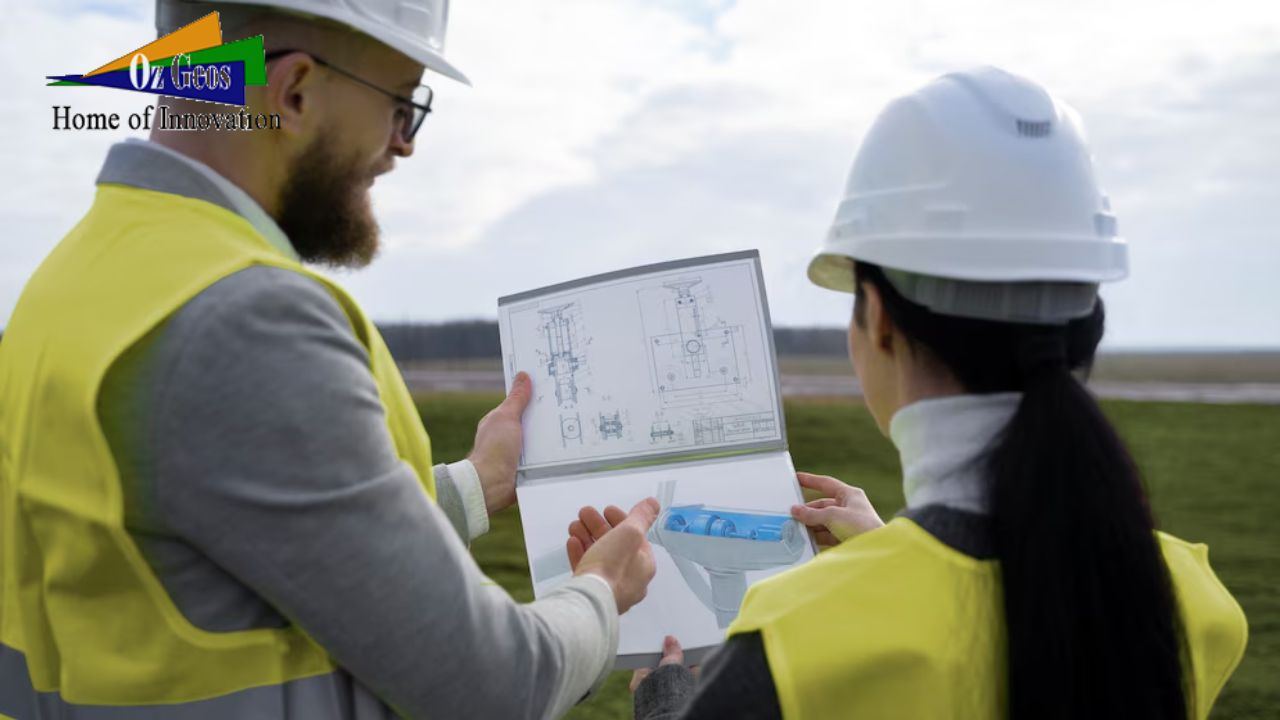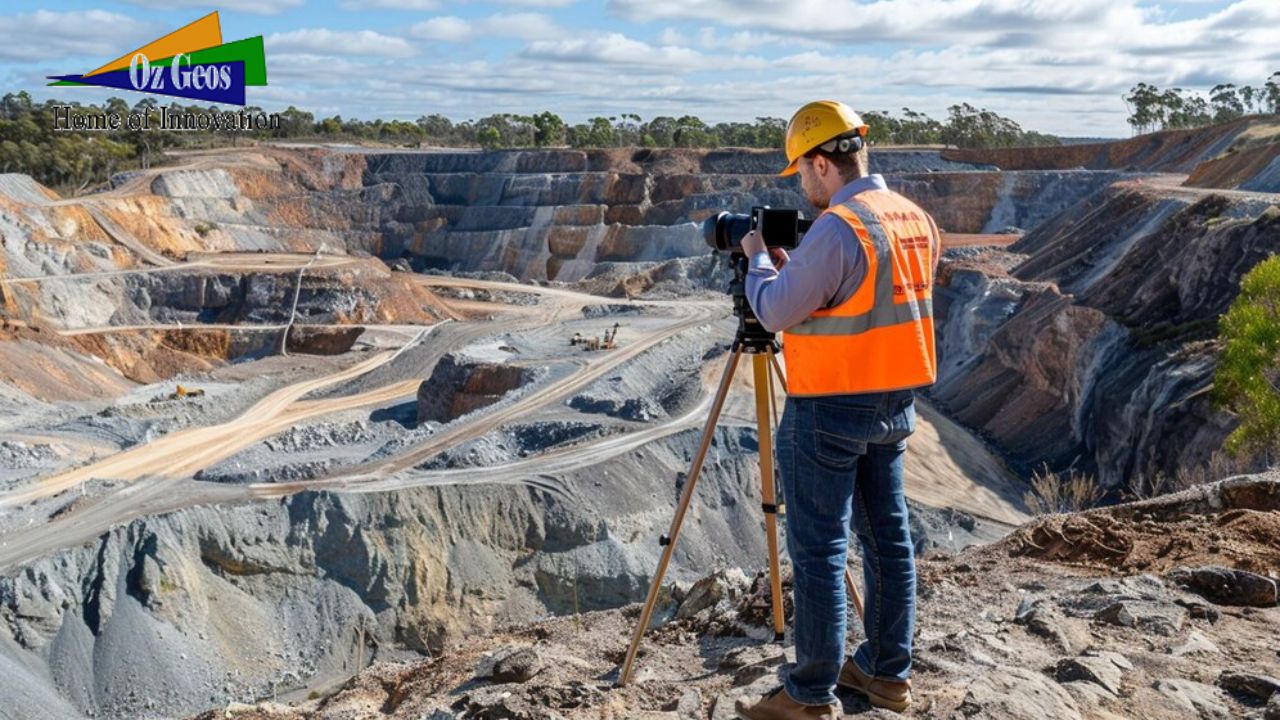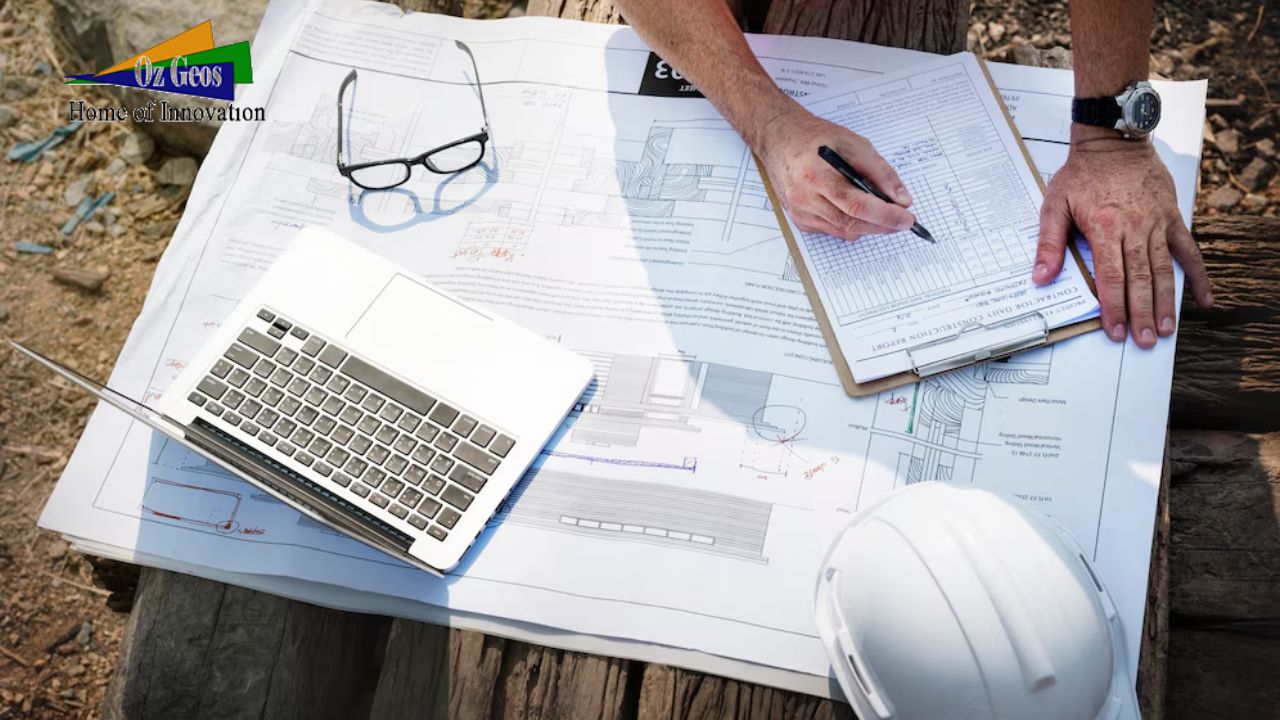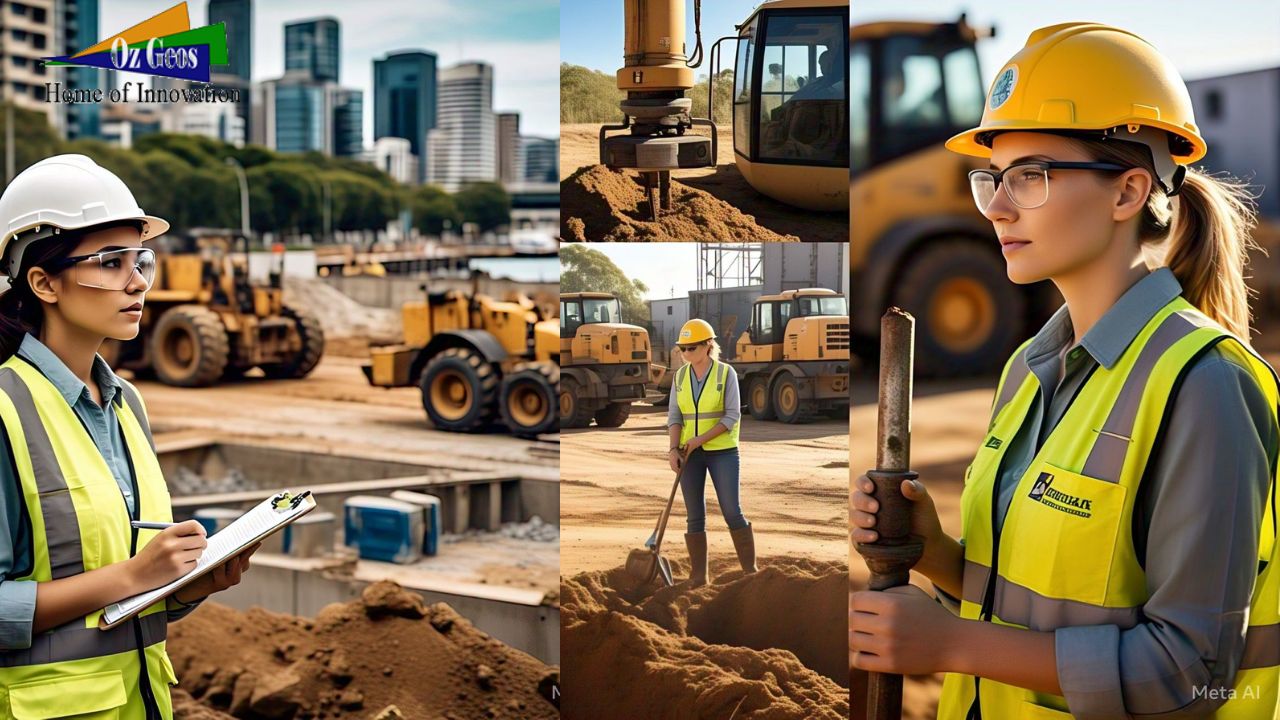What is Geotechnical Soil Testing and its importance!
Geotechnical soil testing includes identifying the chemical and mechanical characteristics of soil in order to improve its appropriateness for different building endeavors. This information is crucial for engineers who build secure and reliable structures, foundations, and other infrastructure elements.
At OzGeos.com, we evaluate the vital role of soil testing in protecting the strength and longevity of building projects. This testing offers important information that may impact choices related to foundation design choices of locations and construction methods.
Why is Geotechnical Soil Testing Important?
- Foundation Design:
The foundation of a building must be capable of bearing its weight. soil testing is crucial to make sure that the foundation is appropriate for the specific soil type remaining at the site. This prevents potential problems like settling or structural harm.
- Risk Management:
Conducting an evaluation serves to identify potential dangers like soil erosion, landslides, and flooding. Understanding these dangers, engineers are able to devise techniques to reduce them, thereby protecting both construction and their inhabitants.
- Financial Efficiency:
Identifying difficulties early in the construction process can help to avoid costly mistakes later on. For example, knowing that a location has expansive clay soil might help minimize foundation damage caused by the soil’s expansion and contraction.
- Regulatory compliance:
Numerous municipal building laws and regulations necessitate geotechnical soil testing prior to the beginning of construction. Compliance with these demands assures that projects are completed to a level that improves security and sustainability. Atterberg Limits Test detects the amount of water at which soil transitions from a liquid to a plastic, then to a solid form. This test is vital to comprehending soil behavior under different moisture conditions.
- Permeability Assessment:
This investigates the ability to pass water within the soil, which is critical for maintaining suitable drainage and reducing water buildup that may compromise the foundation’s authenticity
- Shear Strength Test:
The Shear Strength Test evaluates the ground’s capacity to resist sliding, which is critical for slope rigidity and embankment integrity.
Benefits of Geotechnical Soil Testing for Your Project:
Geotechnical soil testing provides various benefits over time for building assignments:
- Enhanced Safety:
Early discovery of potential soil relates to reduces the likelihood of costly failures or accidents in the future.
- Cost-effectiveness:
Addressing soil concerns during the design phase is significantly less expensive than dealing with structural issues later on.
- Compliance:
Local rules demand geotechnical testing before construction begins in order to guarantee that safety and quality criteria are met.
Conclusion
Geotechnical soil testing is a vital component of any successful construction endeavor. OzGeos offers accurate, trustworthy, and thorough testing services to make sure that the foundation of your project is solid and safe. Whether you’re building a private home or an immense commercial undertaking, you can count on our experts to help you build a strong foundation.

